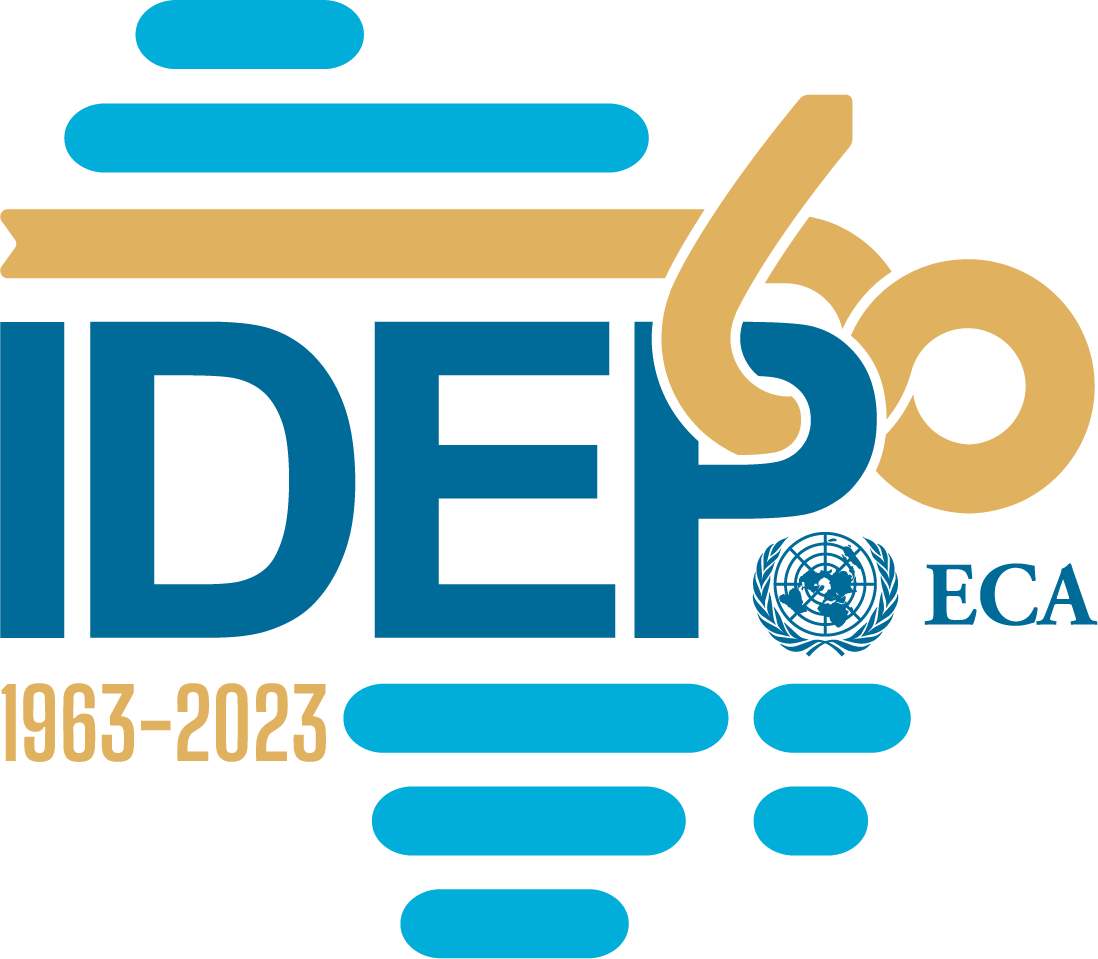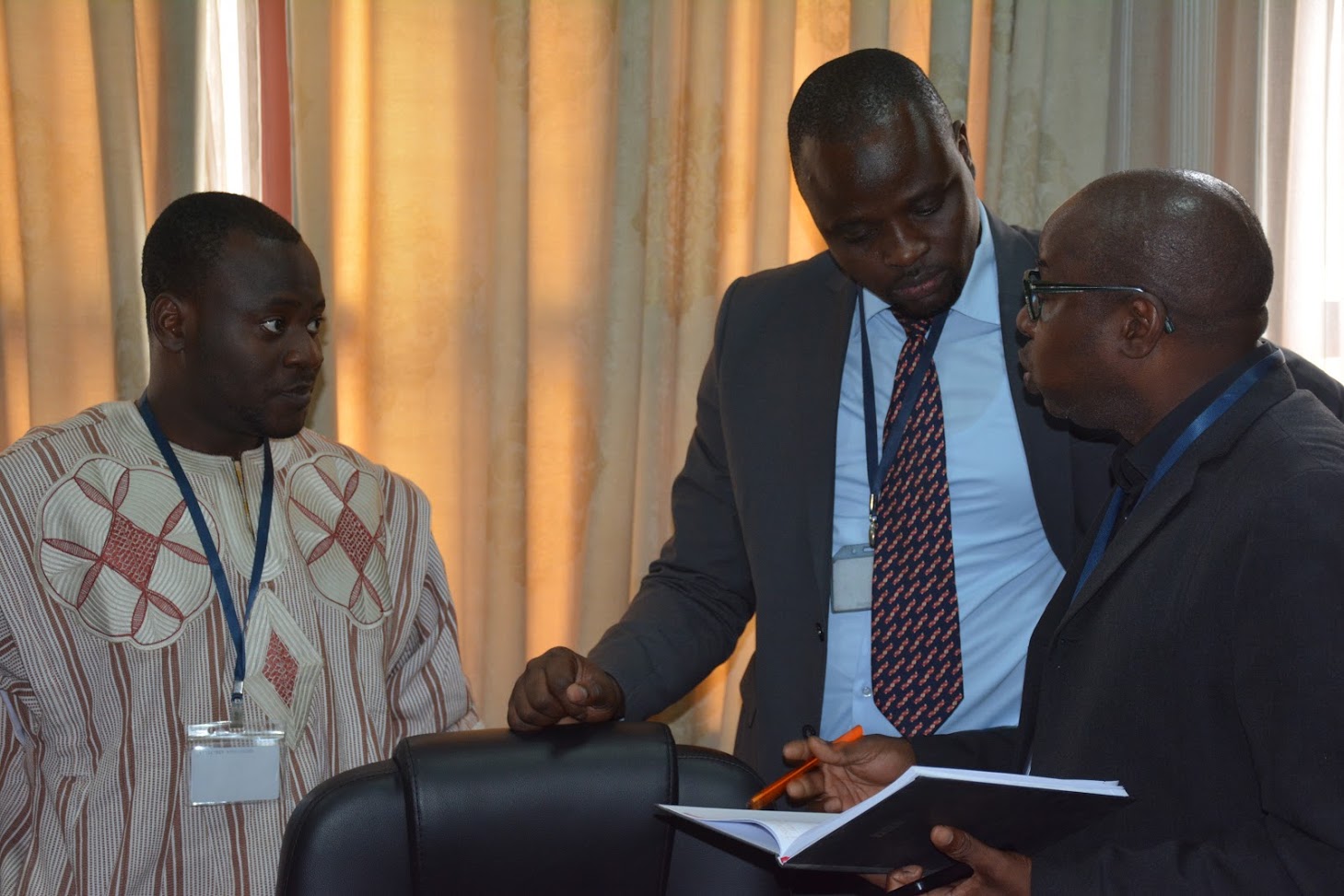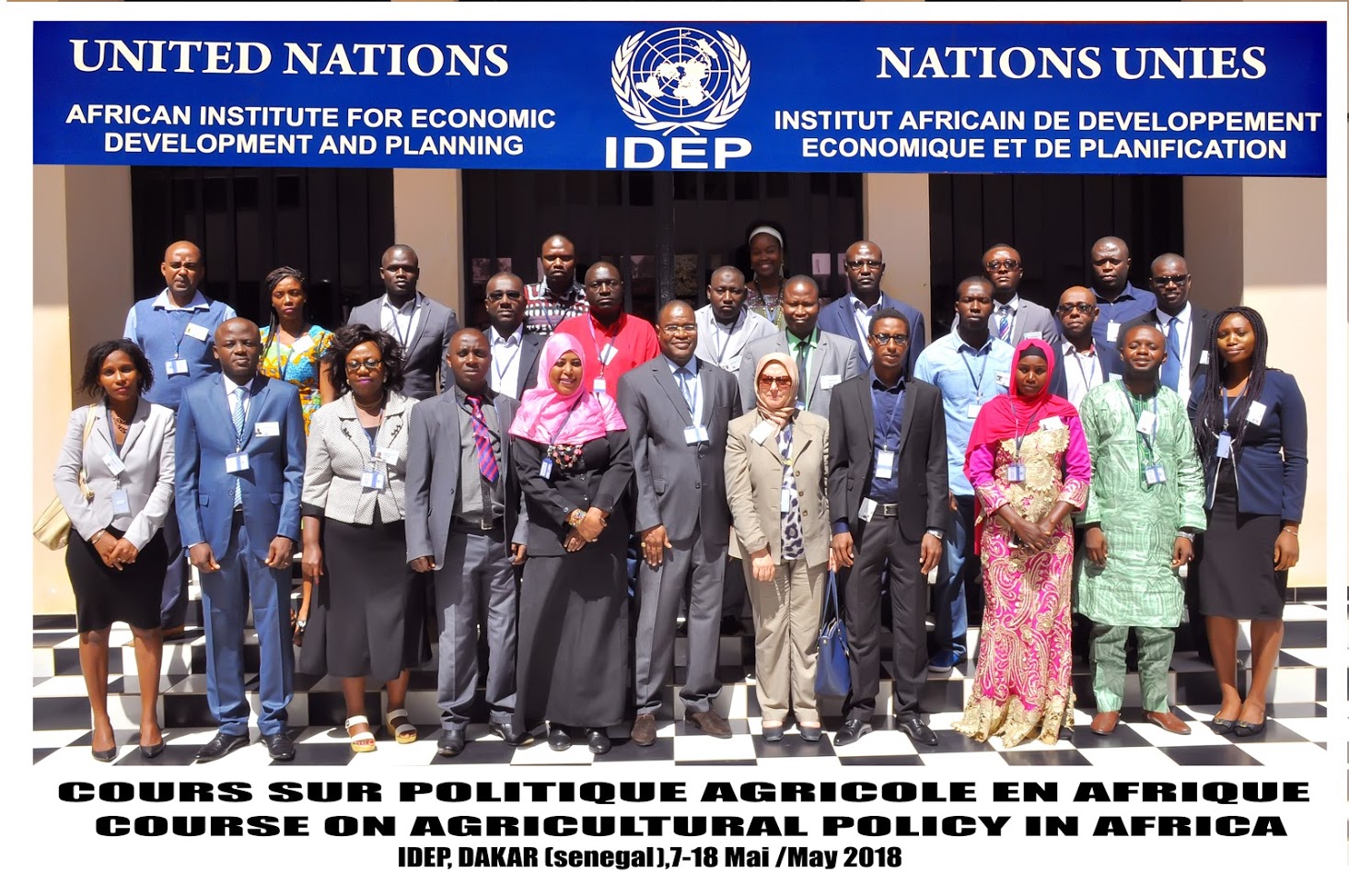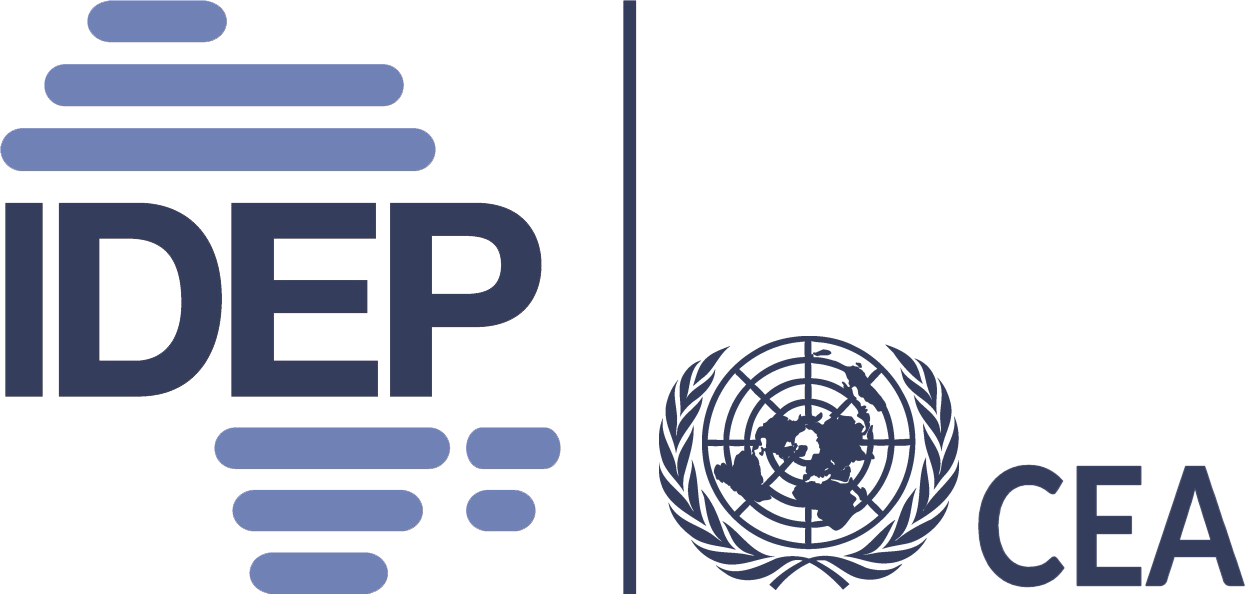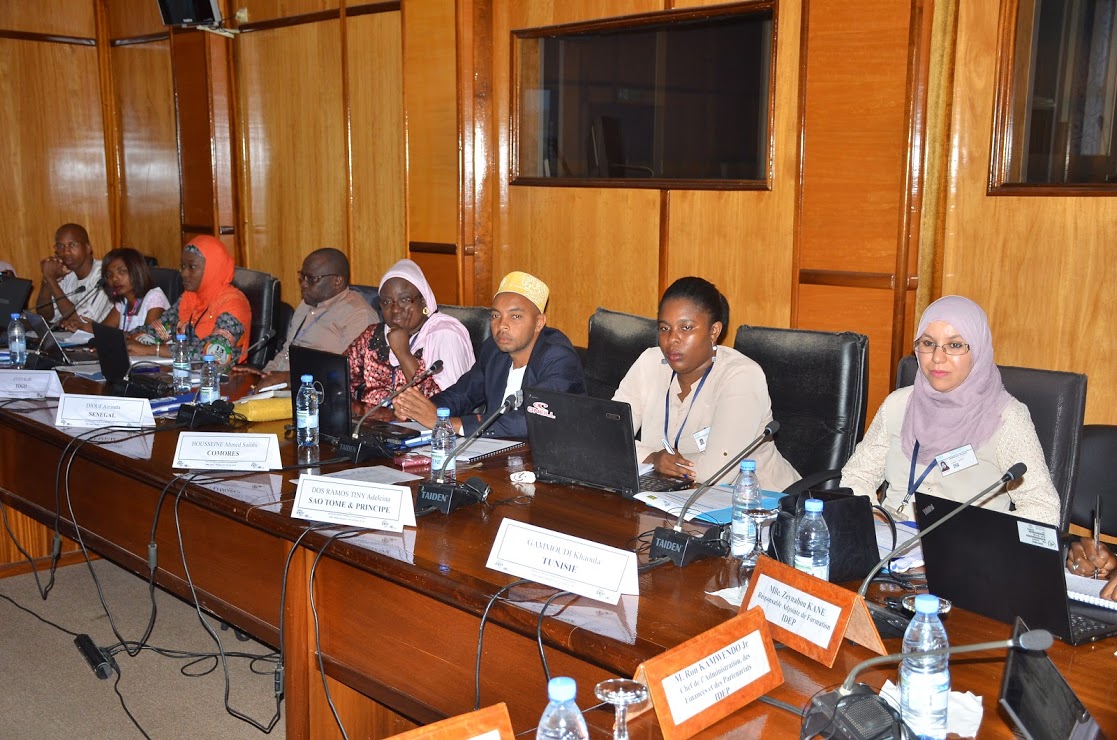Our Work
Research Support Program
IDEP has an existing reputation for the agenda-setting and innovative policy research which it undertook or facilitated on various aspects of the development challenges facing the countries of Africa during the 1960s into the 1970s. In the course of the 1980s and 1990s, in the context of the economic crises confronting African countries, the Institute devoted the bulk of its attention to undertaking advisory services as requested by African governments and expanding its capacity development and training activities. The changing context and agenda of global and local development call for the generation of new policy knowledge for which the revival of development research at or under the auspices of IDEP has to be a key component.
Capacity Development And Training Program
Capacity development and training have been a critical and central component of the work at IDEP from the time of its establishment. Indeed, it is at the heart of the Institute’s mandate and mission. It is a function which the Institute has carried out over the years with a strong emphasis on senior and middle level career officials drawn mainly from the executive arm of governments across the continent. Most of the training programmes offered at the Institute are anchored around economic management and development planning. Although all of the training conducted by the Institute has been centralised and took place at the IDEP premises in Dakar, 2012 marked the flagging off of the decentralized training strategy.
Advisory Services
The intensification of efforts at securing development, at the national and sub-regional levels, and the desire to sustain growth and make it more equitable in a context of a system of governance that is underpinned by the electoral pluralism have generated a considerable increase in demand for IDEP’s advisory services. These demands come from governments, Regional Economic Communities (RECs), other regional organisations, and a number of international agencies. IDEP’s advisory work is mainly technical, and in recent times, has involved assisting with the elaboration of national development plans and long-term visions; proposing guidelines for project monitoring and evaluation; outlining negotiation options; evaluating project and programme results and impacts; and undertaking pre-feasibility studies. The Institute’s capacity to deliver timely and relevant services is bolstered through the use of its extensive network of African specialists.
Access To The Library
In order to use the IDEP library, a membership card is required. This rule applies to all IDEP staff members, resource persons, visiting researcher, trainees, scholars, and other officials that may visit the library. The membership card enables you to access the library and its services which include but not limited to: borrowing of newspapers, magazines, and publications, the use of the internet, accessing IDEP’s online catalogue, and other web resources.

